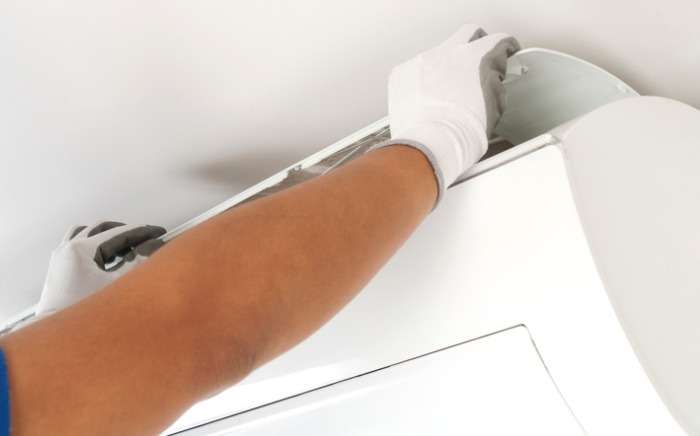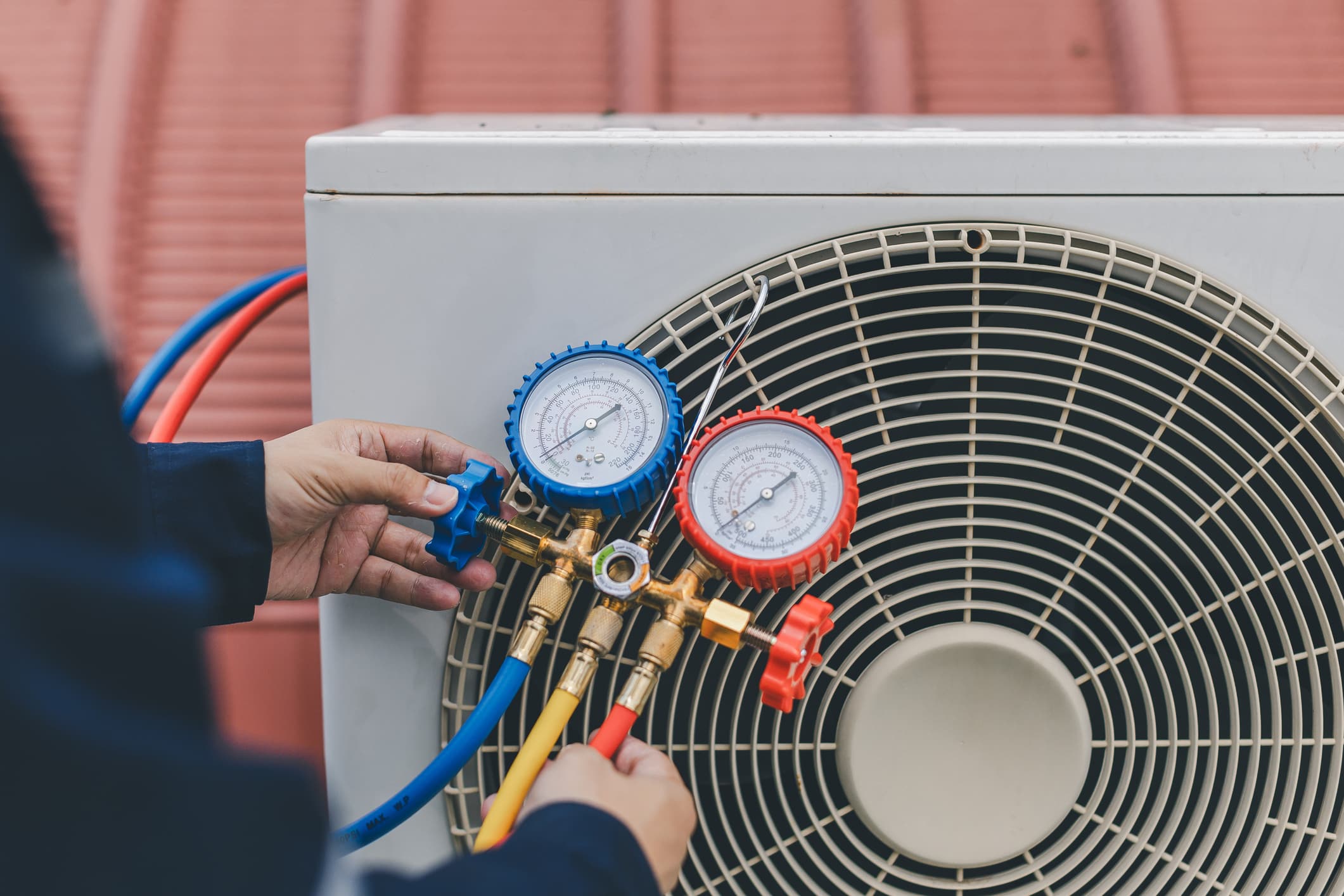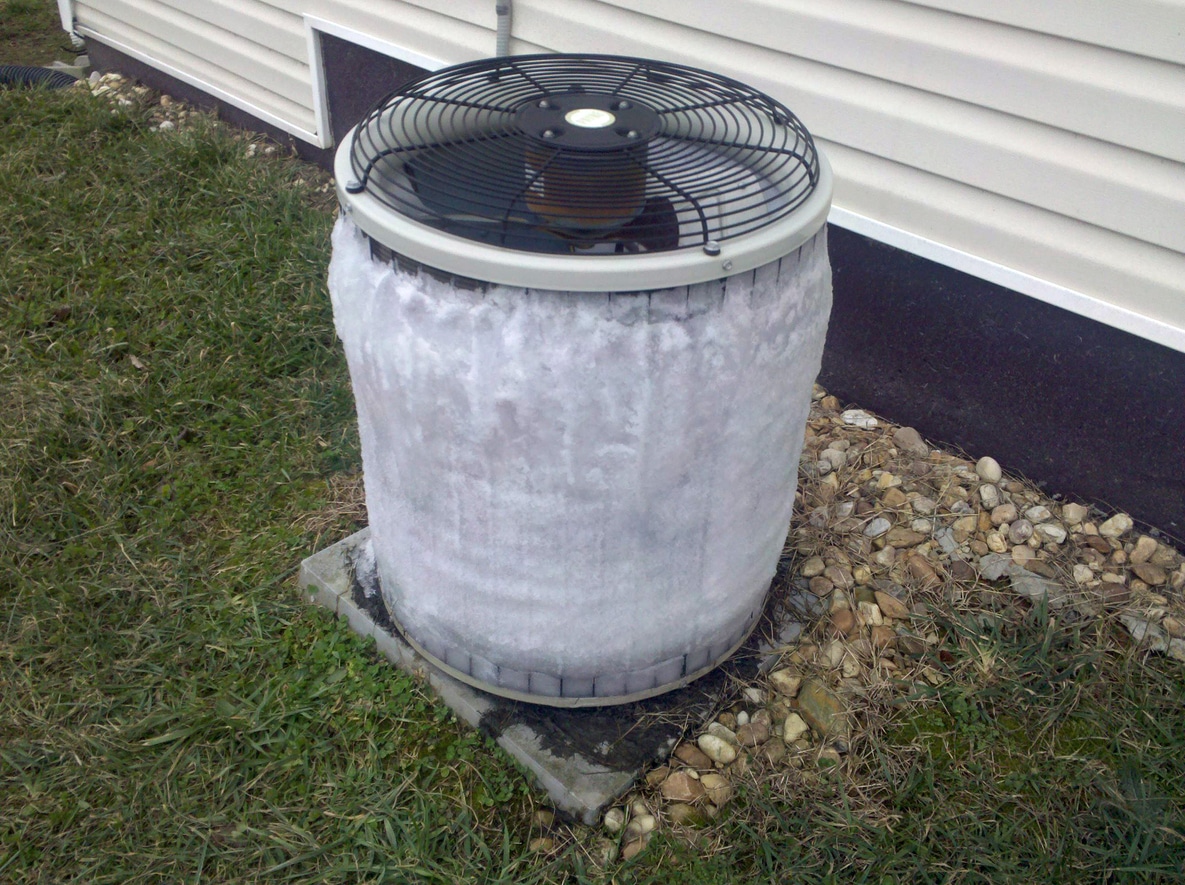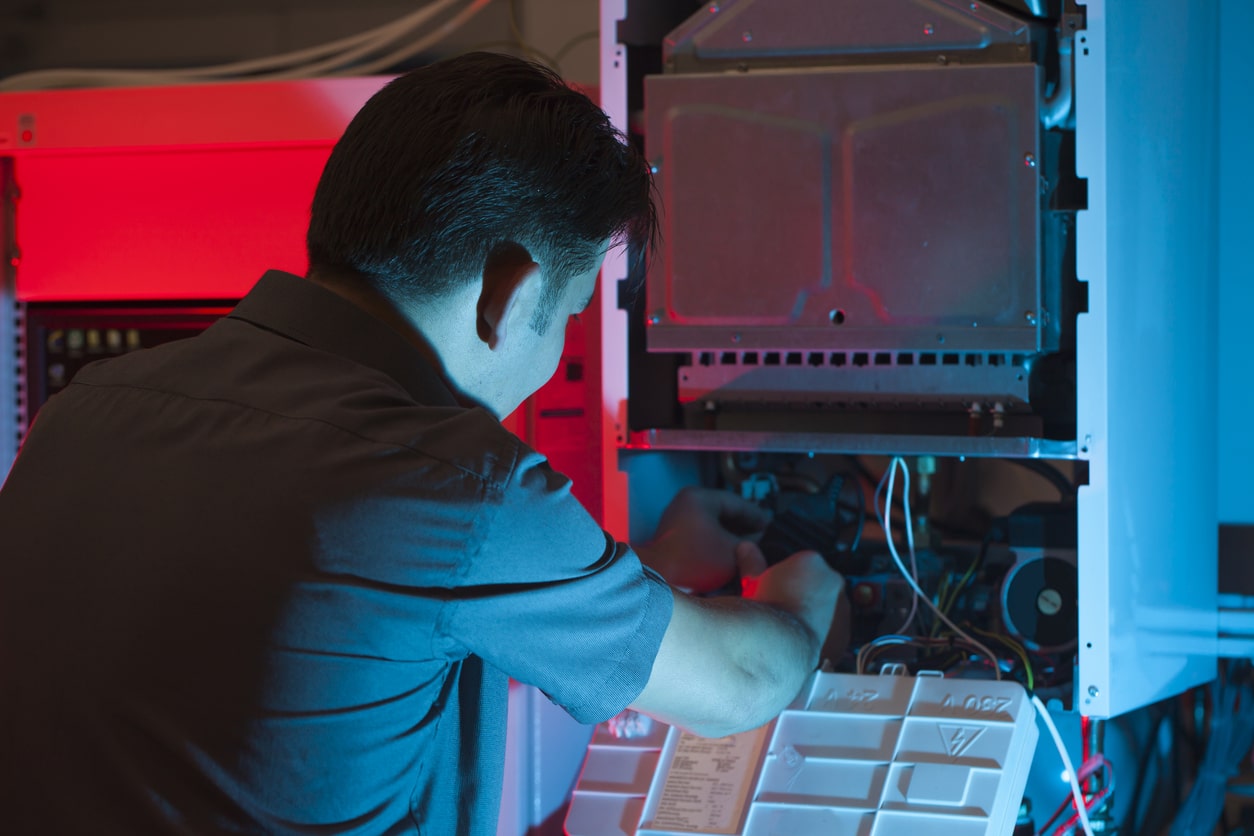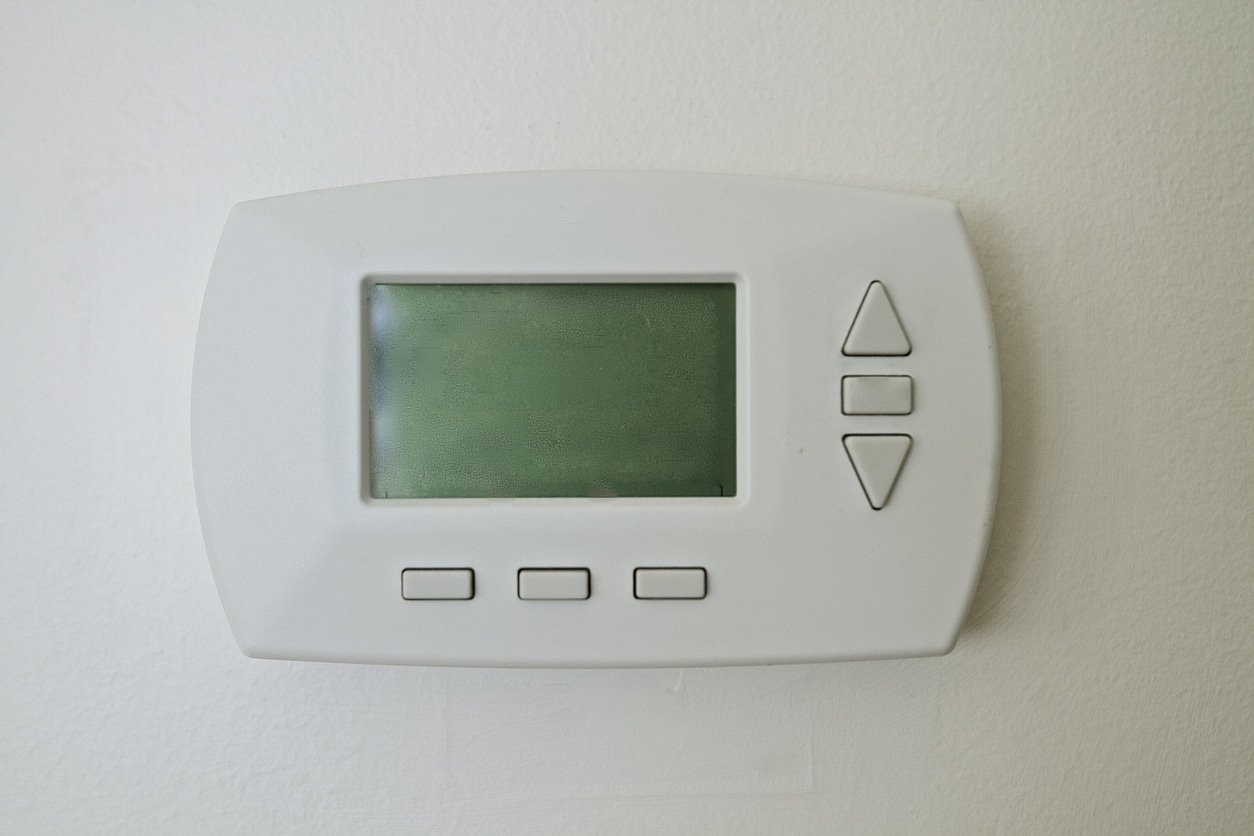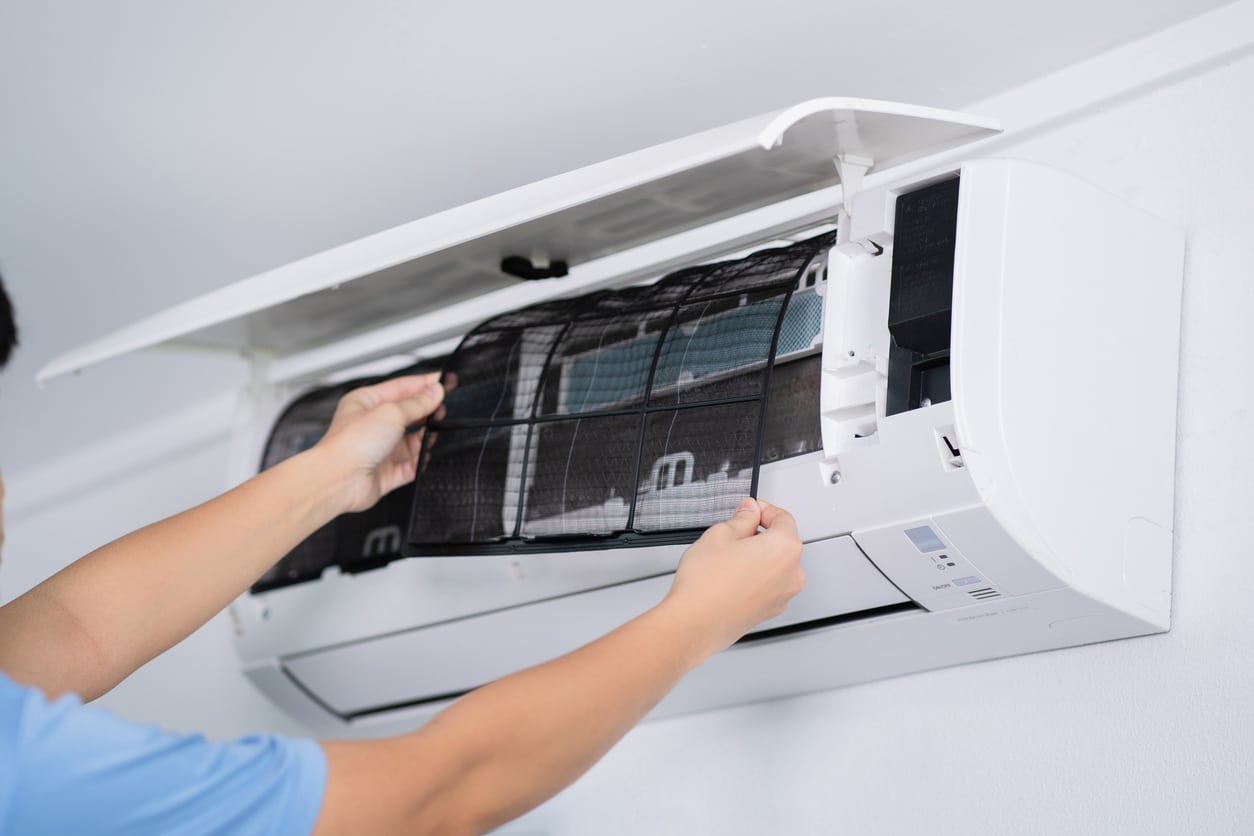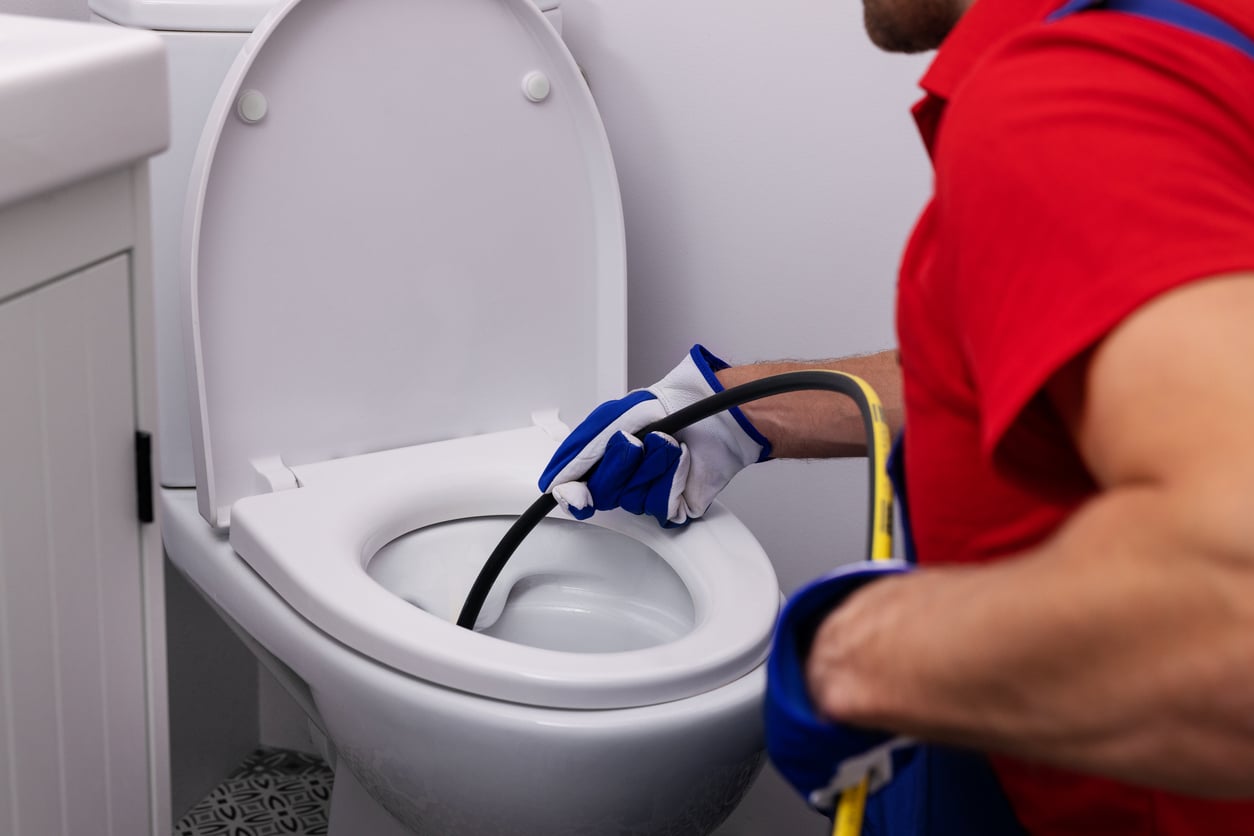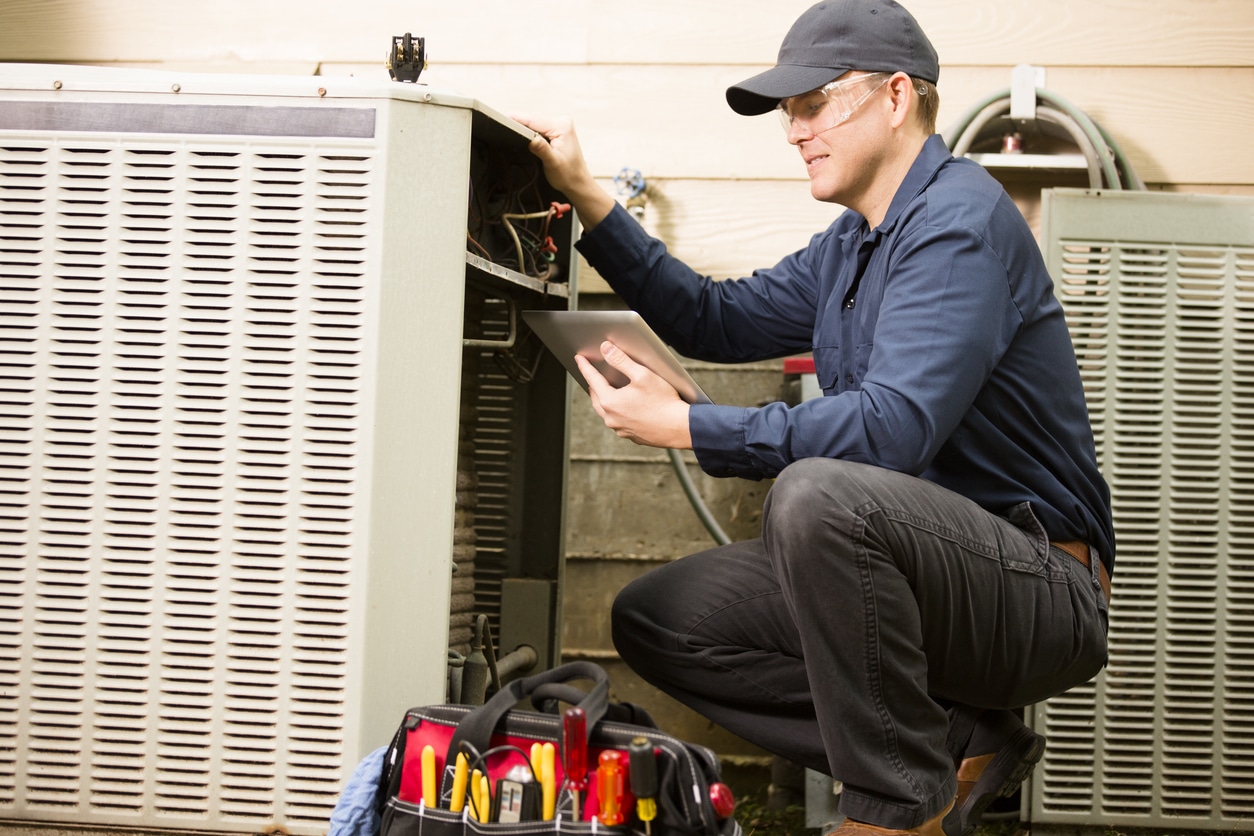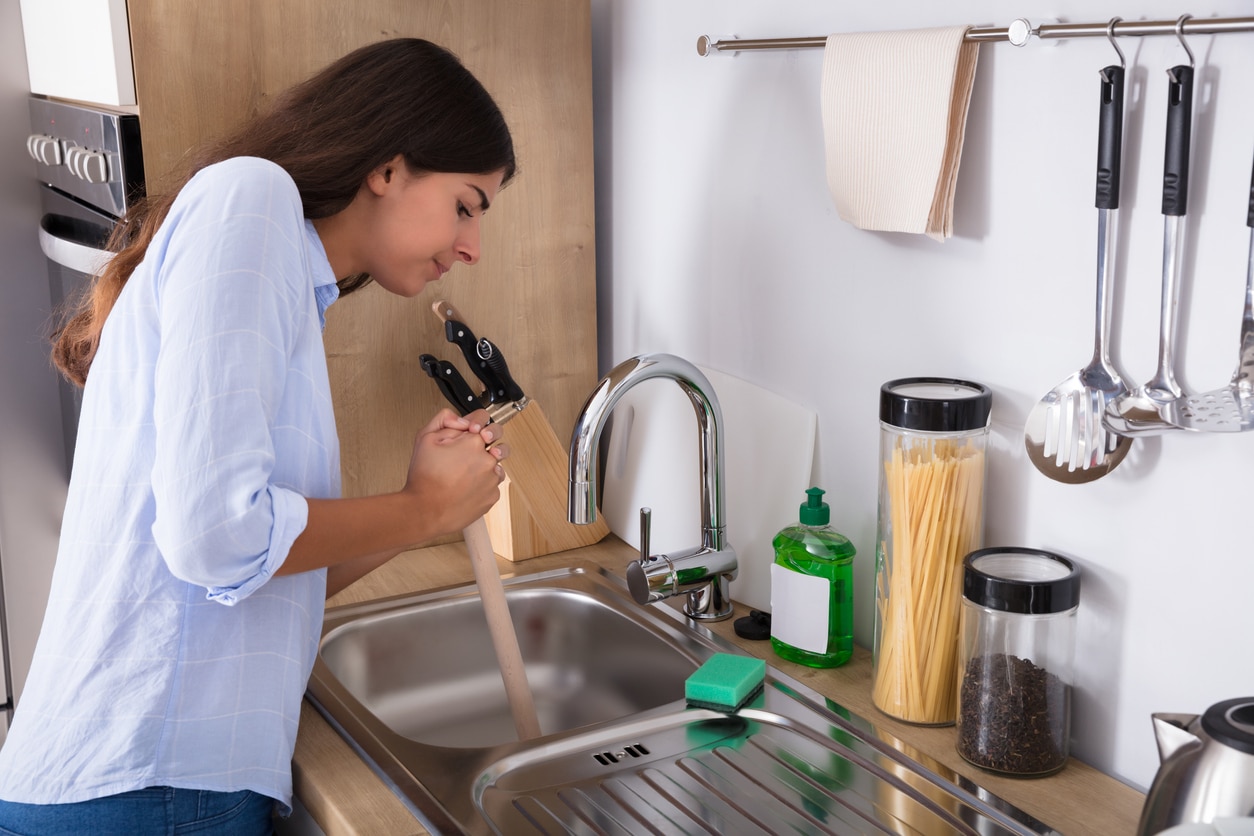Your HVAC system won’t last forever. Typically, homeowners only have 15 to 20 years before their system needs to be replaced. Find out the common signs that you need a new system and learn when to call for HVAC installation.
How Long Will Your System Last?
Before you start looking for signs of system failure, you should know more about the lifespan of the average HVAC. Although the average system lasts between 15 and 20 years, there’s no guarantee yours will last that long.There are a few factors that will affect how long your HVAC will last. For instance, a model that’s too small for your home won’t endure. But an appropriately sized system won’t be overworked and will last longer.
Another factor that affects your system is the maintenance. If you don’t perform regular maintenance on your HVAC, your system will break down quickly. You should hire a professional to perform annual maintenance, and your system might exceed your expectations.
Finally, the quality of your HVAC’s installation also matters. If your installer cut corners or made mistakes, your system may need to be replaced sooner than you’d like.
When You Need to Replace Your System
Because you can’t be certain how long your HVAC will last, you need to be in tune with your system. By learning the signs that it’s nearing the end of its life, you can know when to call an HVAC technician for a replacement. Instead of throwing money away on repairs, you can replace the system.If you notice any of the following issues, you might want to consider replacing your HVAC with a new system.
1. The Air Isn’t Cold
The next time your AC blows, feel the temperature of the air. It should be coming out cold and refreshing. But this doesn’t happen when a system is past its prime. If the air coming out of your vents is warm, you could have one of several problems. You might have low freon levels, a broken compressor, or other issues. It’s important to call for help as soon as possible.After you seek the guidance of a professional, they will be able to give you an estimate on the cost of a repair. The total cost might be the same as a replacement, in which case you should replace your system.
2. Your Air Flow Is Limited
A new AC blows cool air throughout an entire home. However, the air flow in an older system may be limited. Once the flow seems to decrease, you should seek guidance from an expert. There could be a broken compressor or damage in your vents. Typically, these repairs can be very expensive.If you have an older HVAC system, it might be worth your time and money to replace the issue. It could just be a matter of time before it completely fails.
3. There’s Water Near Your Unit
It’s not out of the norm for an AC to have some moisture around it. But a puddle of water is excessive, and a sign that you have a leak in your system.The leak could be from the refrigerant, which is a dangerous issue and an expensive repair. If you have an old HVAC system, you may need a refrigerant that is no longer widely available. The EPA decided to phase out R-22, so you might not be able to find any more refrigerant. If this is the case, you should replace your system with a new one that uses R-410A. This type of refrigerant is standard in all new HVACs, so you can pick any new HVAC and be sure it relies on R-410A.
Even if water is leaking, the issue could require a major repair. Furthermore, the water damage may lead to damaged floors and furniture. To prevent damage, mold growth, and a costly repair, you should consider replacing your system.
4. It’s Making Weird Noises
After living in your home for a few months, you probably grew accustomed to the sound of your AC. If that sound changes, you might need a new HVAC system. At the first sign of banging, squealing, and rattling, call an HVAC expert. You should turn your AC off as soon as you notice strange noises.The problem could be caused by broken motor bearings or a slipped belt. If you wait too long to fix the system, the damage might be too much to repair. Your only option may be to replace everything.
5. The Thermostat Isn’t Working
Did your thermostat stop working? At times, this could be a result of a faulty thermostat. Fortunately, this is an easy fix and doesn’t mean you need a new HVAC system. But the problem could extend beyond the thermostat.When you call an experienced HVAC professional, they will check your thermostat. If they find a more serious issue, they might recommend replacing the whole system.
6. Your HVAC is Over 15 Years Old
The older your HVAC, the more likely it is that you need to replace it. Once your HVAC hits the 15 year mark, it could be the end of its life. You should start thinking about replacing it with a newer model.There are two reasons for this. First, there’s the fact that old HVAC systems aren’t very energy efficient. Newer technology makes current models much more efficient. They require less energy, but still are adept at cooling or heating your home. After your new HVAC is installed, you will notice a decrease in your energy bills. Before you pick a new model, be sure to ask an expert about the best models for energy savings.
The second reason is to save money on repairs. Once an HVAC system is over 15 years old, it will start to need frequent repairs. The money you spend on repairs will add up. After spending thousands of dollars on repairs, you might find that you still need to replace the system. You can save money by replacing your HVAC before you throw too much money into it.

